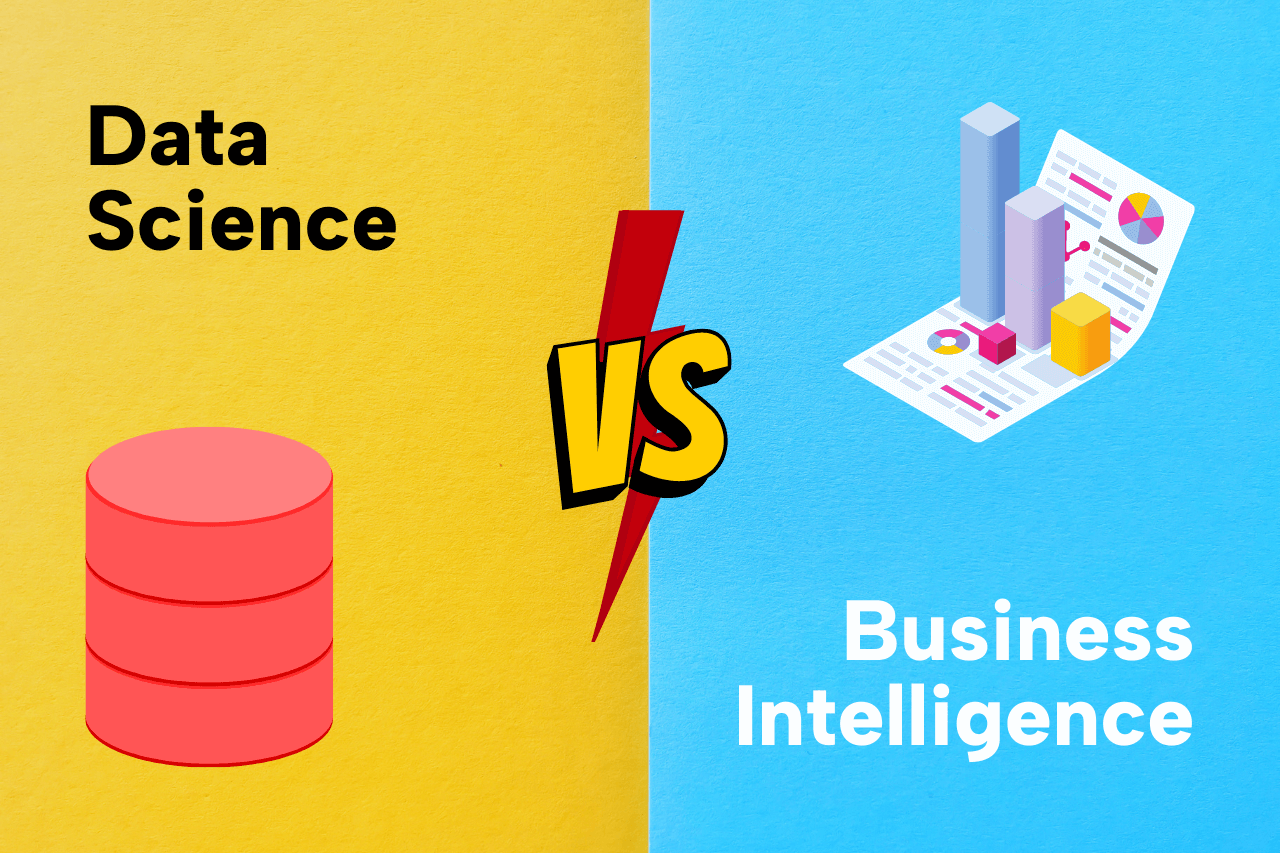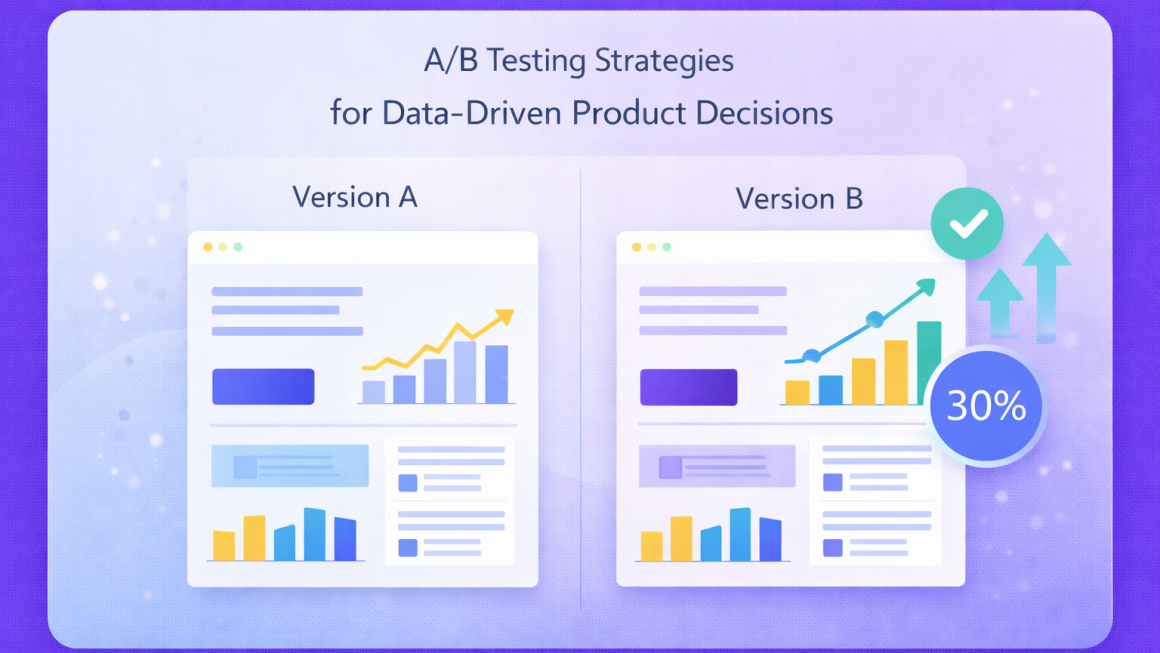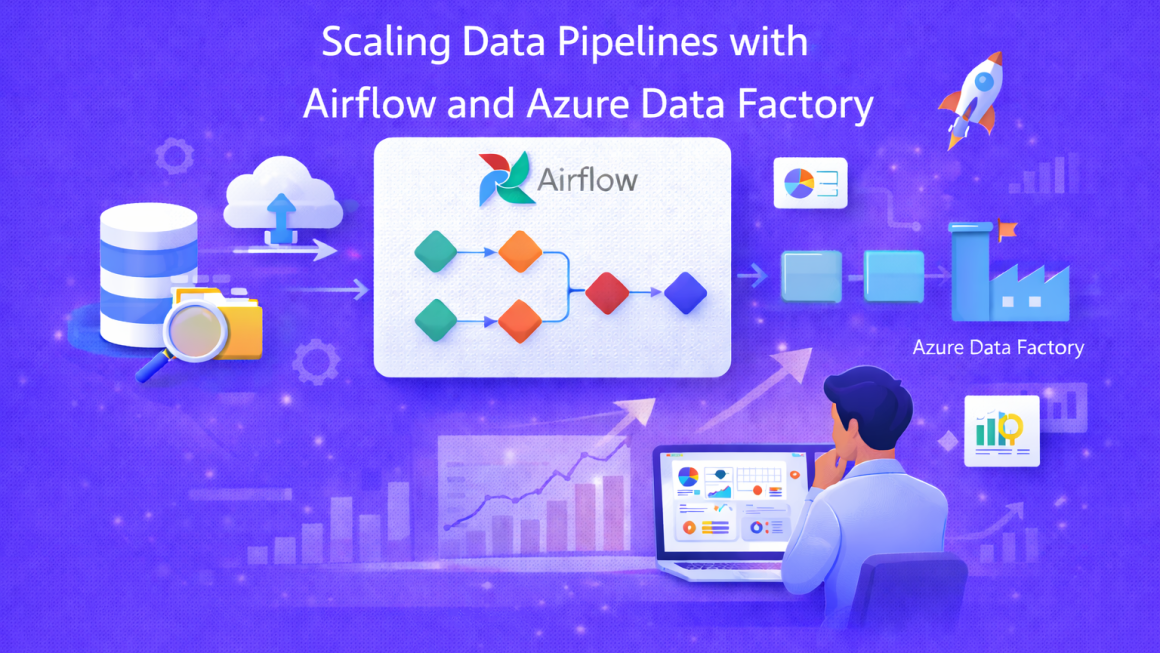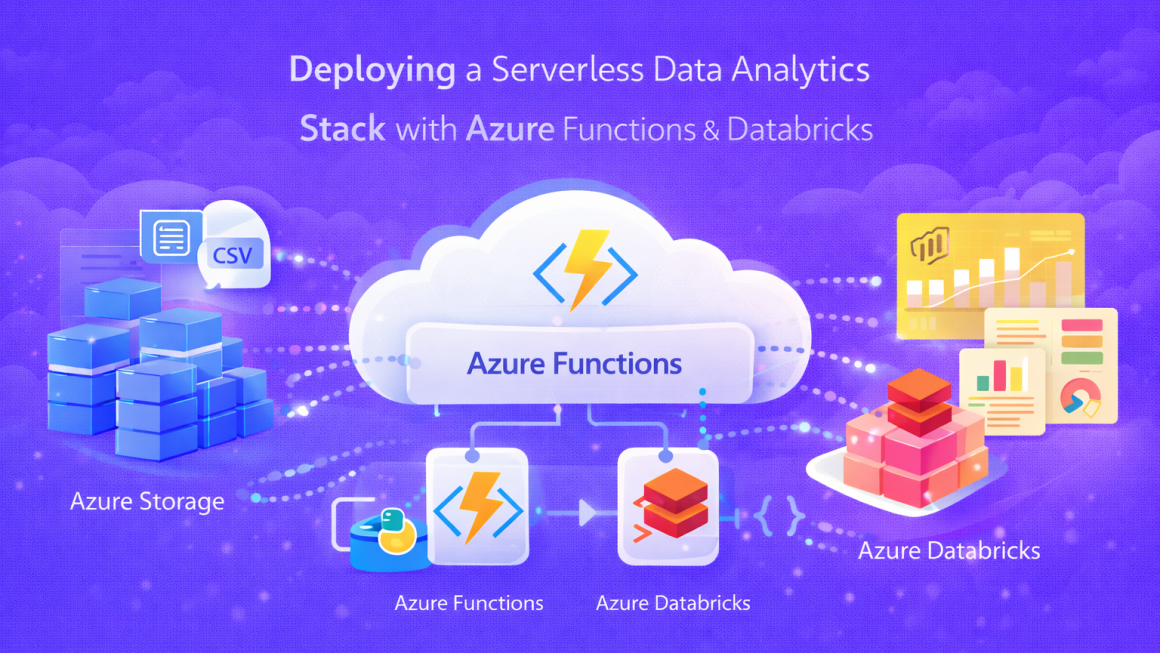Data Science and Business Intelligence are often used interchangeably because both involve working with data to discover helpful information for the growth of any company. However, in this article, we will discuss in detail the work, roles, and responsibilities of the professionals and do a quick comparison of data science vs business intelligence.
Let’s start with the meaning of Data Science and Business Intelligence
Data Science– Data science involves using techniques and tools to collect, analyze, and understand large data sets. It can be in the form of numbers, words, and pictures. With the collected data that includes patterns, trends, and any other useful information, Data Science helps you understand what people might like in the future.
Let’s understand it more clearly by taking an assumption. You work for an online store, and you want to predict which products a customer is likely to buy next. Data science comes into play here. It involves analyzing a customer’s past purchases, browsing history, and even similar customers’ behavior. Using this data, you build a model that predicts what the customer might be interested in purchasing next, helping the store suggest relevant products to them.
To know in-depth about Data Science, here’s the recommended article: What data Science is and why it is useful?
Business Intelligence– It is like a special map that helps you see the history of a particular location over time. It includes:
(a) Where have things happened before?
(b) and how they turned out?
This helps the decision-makers of the company to understand what’s working well and what might need to change.
Now, let’s say you’re a manager in a retail chain. You want to understand how well your stores are performing across different locations. Business intelligence steps in. It gathers data from all your stores, combines it, and presents it in visual reports and dashboards. These show you which locations have the highest sales, the products in demand, and even the busiest hours. This helps you make decisions like where to allocate resources or which products to promote more.
You’re reading the article, Data Science vs Business Intelligence.
Data Science vs Business Intelligence
The table below will help you clearly see the main differences between data science and business intelligence. It covers their basic features, specific roles, methods they use, and how they are applied in making decisions based on data.
| Aspect | Data Science | Business Intelligence |
|---|---|---|
| Main Focus | Emphasizes predictive analysis and advising based on data | Centers on presenting historical data and summarizing |
| Methodological Approach | Utilizes complex algorithms, including machine learning | Relies on predefined queries and reporting tools |
| Approach to Data Exploration | Prioritizes data preparation and generating valuable features | Focuses on aggregating and refining data |
| Depth of Analysis | Engages in thorough exploration of intricate data patterns | Provides concise insights tailored for decision-makers |
| Adaptability | Adaptable to varying data scenarios and evolving landscapes | Provides consistent, standardized reporting |
| Primary Goals | Focuses on predicting trends and optimizing processes | Monitors performance and identifies key metrics |
| Required Skillsets | Requires proficiency in programming, statistics, and machine learning | Utilizes SQL querying and visualization skills |
| Visualization Techniques | Utilizes advanced visualizations and interactive dashboards | Offers standardized dashboards and reports |
| Impact on Decision-making Level | Provides strategic optimization and insights | Offers tactical insights, real-time data monitoring |
| Handling Data Variety | Capable of managing structured, unstructured, and extensive data | Primarily designed for structured data sets |
| Management of Data Volume | Scales efficiently for significant data sets, including big data | Suited for moderate to large data sets |
| Temporal Focus | Focuses on analyzing historical and real-time data | Engages with both historical and real-time data |
| Application of Algorithms | Applies advanced algorithms to predict outcomes | Relies on fundamental calculations and performance metrics |
| Scope of Applications | Encompasses a broader range, including predictions and trends | Focuses on performance metrics and measurements |
| Emphasis on Problem-solving | Concentrates on identifying and addressing complex business challenges | Centers on overseeing and managing business operations |
| User Interaction | Supports interactive analysis and exploration | Offers user-friendly visualization tools |
| Considerations for Data Quality | Prioritizes data cleansing and conversion for meaningful analysis | Ensures data integrity and accuracy |
| Predictive Capabilities | Predicts potential future trends and outcomes | Analyzes historical performance |
| Range of Insights | Offers comprehensive insights for strategic decision-making | Provides insights for operational choices |
| Techniques Utilized | Applies techniques like machine learning, deep learning, and natural language processing | Utilizes SQL, ETL processes, and visualization tools |
Roles and Responsibilities: Data Science vs Business Intelligence
The roles and responsibilities of Data Science are as follows:
- Data Analysis: Data scientists analyze complex datasets to identify trends, patterns, and insights that can drive informed decision-making.
- Model Building: They develop predictive and prescriptive models using machine learning and statistical techniques to solve specific business problems.
- Algorithm Development: Data scientists create and fine-tune algorithms to extract meaningful information from large and diverse datasets.
- Feature Engineering: They identify and select relevant features from data to improve the performance of predictive models.
- Data Cleaning: Cleaning and preprocessing data is a vital role, in ensuring accurate and reliable results.
- Experimentation: Data scientists design and conduct experiments to test hypotheses and validate models.
- Collaboration: They work closely with domain experts and IT teams to understand business requirements and ensure the successful implementation of solutions.
- Communication: Presenting findings and insights to non-technical stakeholders in a comprehensible manner is a key responsibility.
Let’s know what business intelligence roles and responsibilities include:
- Data Visualization: BI professionals create visual reports, dashboards, and interactive charts to present data in a user-friendly and understandable manner.
- Data Integration: They gather data from various sources, clean it, and transform it into a usable format for analysis.
- Reporting: Generating regular reports on key performance indicators (KPIs) to track business performance and trends is a core responsibility.
- Querying: Business Intelligence specialists use SQL and other query languages to extract specific information from databases.
- Dashboard Creation: They design and develop dashboards that allow stakeholders to monitor real-time data and make data-driven decisions.
- Requirements Gathering: BI professionals collaborate with business users to understand their reporting needs and translate those into actionable insights.
- Data Interpretation: Analyzing data trends and anomalies to extract actionable insights for decision-making.
- Performance Optimization: They monitor the performance of BI tools and optimize queries and processes for efficient data retrieval.
You’re reading the article, Data Science vs Business Intelligence.
Data Science vs Business Intelligence Salary in India
Salaries for Data Science and Business Intelligence roles in India can vary based on factors like location, experience, industry, and company size. Here’s a general overview of the salary ranges for these roles in India:
Data Science Salary in India:
- Entry-Level Data Analyst: Entry-level data analysts in India might earn around ₹3 to ₹5 lakhs per year.
- Data Scientist: Mid-level data scientists with a few years of experience can earn between ₹6 to ₹12 lakhs annually.
- Senior Data Scientist: Senior data scientists in India can earn salaries ranging from ₹12 to ₹20 lakhs or more.
- Lead/Data Science Manager: Data science managers or team leads can earn salaries starting from ₹15 lakhs and going up to ₹25 lakhs or more, based on responsibilities and company size.
Business Intelligence Salary in India:
- BI Analyst/Developer: Entry-level BI analysts or developers could earn around ₹3.5 to ₹6 lakhs per year.
- BI Specialist: Mid-level BI specialists in India might earn salaries ranging from ₹6 to ₹10 lakhs annually.
- BI Manager: Business Intelligence managers typically earn between ₹8 to ₹15 lakhs per year.
- BI Director: At the senior level, BI directors’ salaries can range from ₹15 lakhs to ₹25 lakhs or more, depending on the organization’s scale.
You’re reading the article, Data Science vs Business Intelligence.
These figures can vary based on the specific location within India, the company’s industry, and other factors.
Data Science vs Business Intelligence Skills Required
Skills Required for Data Science:
- Programming Languages: Proficiency in languages like Python or R is crucial for data manipulation, analysis, and building machine learning models.
- Statistics and Mathematics: Strong foundation in statistics, probability, linear algebra, and calculus for analyzing data and designing models.
- Machine Learning: Understanding of various machine learning algorithms and techniques for predictive and prescriptive modeling.
- Data Cleaning and Preprocessing: Skills to clean and preprocess raw data to make it suitable for analysis.
- Data Visualization: Ability to create compelling visualizations using tools like Matplotlib, Seaborn, or Tableau to present insights.
- Domain Knowledge: Understanding the industry and business context to formulate meaningful questions and insights.
- Big Data Technologies: Familiarity with tools like Hadoop, Spark, and NoSQL databases for handling large datasets.
- Deep Learning (Optional): Knowledge of neural networks and deep learning frameworks like TensorFlow or PyTorch for advanced applications.
- Problem-Solving: Analytical thinking and problem-solving skills to approach complex data challenges.
You’re reading the article, Data Science vs Business Intelligence.
Skills Required for Business Intelligence:
- SQL: Proficiency in SQL to extract and manipulate data from databases for reporting and analysis.
- Data Warehousing: Understanding of data warehousing concepts and technologies for efficient data storage and retrieval.
- Data Visualization Tools: Mastery of tools like Tableau, Power BI, or QlikView to create visually appealing reports and dashboards.
- ETL (Extract, Transform, Load): Skills to design and implement ETL processes to move and transform data between systems.
- Domain Knowledge: Understanding of the business domain and key performance indicators to create meaningful reports.
- Communication: Ability to communicate complex data findings to non-technical stakeholders in a clear and understandable manner.
- Problem-Solving: Identifying business challenges and devising solutions through data analysis and reporting.
- Basic Statistics: Familiarity with basic statistical concepts to analyze trends and make informed business decisions.
You’re reading the article, Data Science vs Business Intelligence.
Hope you liked reading the article, Data Science vs Business Intelligence: 20 Key Differences. Please share your thoughts in the comments section below.
Follow our social media pages: Facebook, Instagram, LinkedIn









